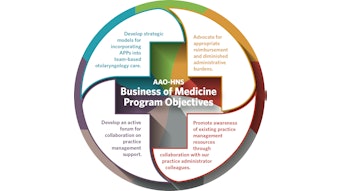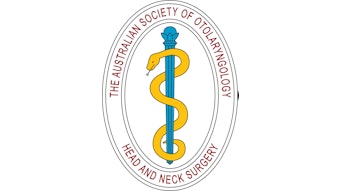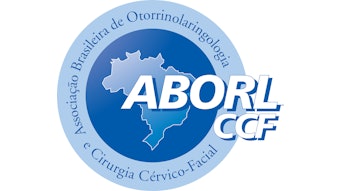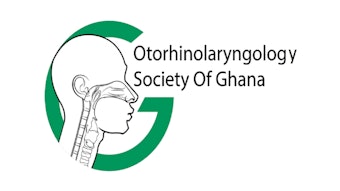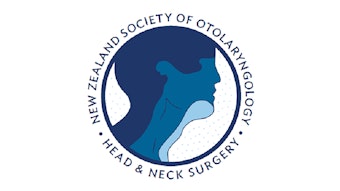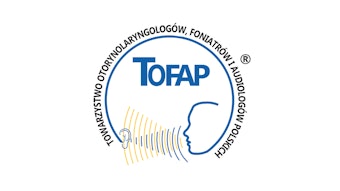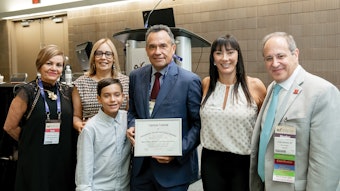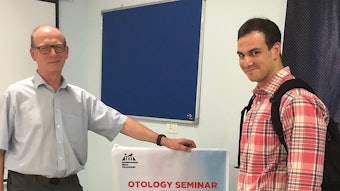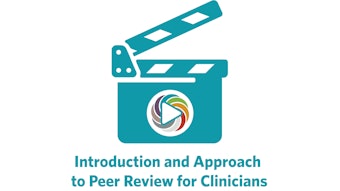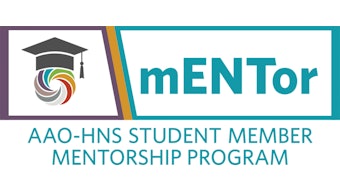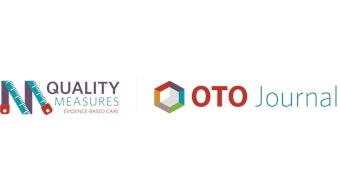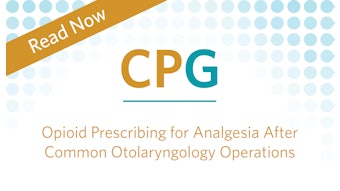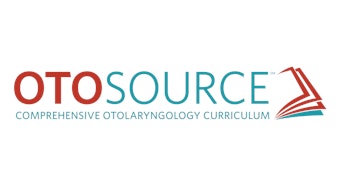Health Equity and Inclusive Diversity: Why it Matters
You may have noticed that we added the word “equitable” to our Core Purpose.
“Health cannot be a question of income; it is a fundamental human right.”
– Nelson Mandela
 Carol R. Bradford, MD, MS
Carol R. Bradford, MD, MS
AAO-HNS/F President
- We engage our members and help them achieve excellence and provide high-quality, evidence-informed, and equitable ear, nose, and throat care through professional and public education, research, and health policy advocacy.
We also updated our Core Guiding Principles. One of our updated Core Guiding Principles is:
- Promote inclusive diversity and equity in ENT patient care and throughout our specialty and organization.
So it is evident that the American Academy of Otolaryngology–Head and Neck Surgery and its Foundation are committed to advancing equitable ear, nose, and throat care. This newly articulated purpose then leads to some questions we must begin to try to answer. How do we define equitable ear, nose, and throat care? What does it mean to promote inclusive diversity and equity in ENT patient care? Why does health equity matter?
Let’s begin with a definition of health equity. The Robert Wood Johnson Foundation provides this definition: “Health equity means that everyone has a fair and just opportunity to be as healthy as possible. This requires removing obstacles to health such a poverty, discrimination, and their consequences, including powerlessness and lack of access to good jobs with fair pay, quality education and housing, safe environments, and health care.” As you can appreciate, achieving equitable care is a pretty tall order. How might we, as an Academy, move forward on this journey?
In order to define equitable ear, nose, and throat care, we first need to understand what disparities exist. Our Outcomes Research and Evidence-based Medicine Committee report, "Growing the Evidence Base for Healthcare Disparities and Social Determinants of Health Research in Otolaryngology–Head and Neck Surgery,” indicates that disparities in access and outcomes exist in many areas addressed by our specialty, including head and neck cancer, hearing loss, and sleep apnea. The challenge is that these disparities exist due to societal factors, called social determinants of health, rather than the disease itself. In other words, to truly achieve health equity, we need to address social issues such as poverty, access to health insurance, and discrimination. This will require the engagement and investment of everyone.
Second, what does inclusive diversity mean and how might we advance this guiding principle? I believe that inclusive diversity is the approach to foster the inclusion that leads to diversity in the workforce. I also believe that our specialty's aspirational goal is to mirror or reflect the communities we collectively serve. This is a critical step for us to realize true equity in care.
Finally, and perhaps most importantly, why does health equity matter? The COVID-19 pandemic has shone a bright light on health disparities in our country. Our Black, Latino, and Native American communities have been disproportionately devastated by COVID-19. Pre-existing conditions are more prevalent in communities of color in our country. There is similar inequity in vaccine distribution and acceptance. Structural and societal inequities and social determinants of health are deeply influenced by implicit bias and discrimination.
As we begin to emerge from the COVID-19 pandemic and look forward to a post-vaccine world, we understand that our society, and we as individuals, have changed. We are more aware of inequity and the fragility of life. We are aware that access to high-quality, safe care should be a right and not a privilege. We understand that we must work together and engage with our communities to realize our Core Purpose and Guiding Principles. I look forward to working with all of you on this important journey.

